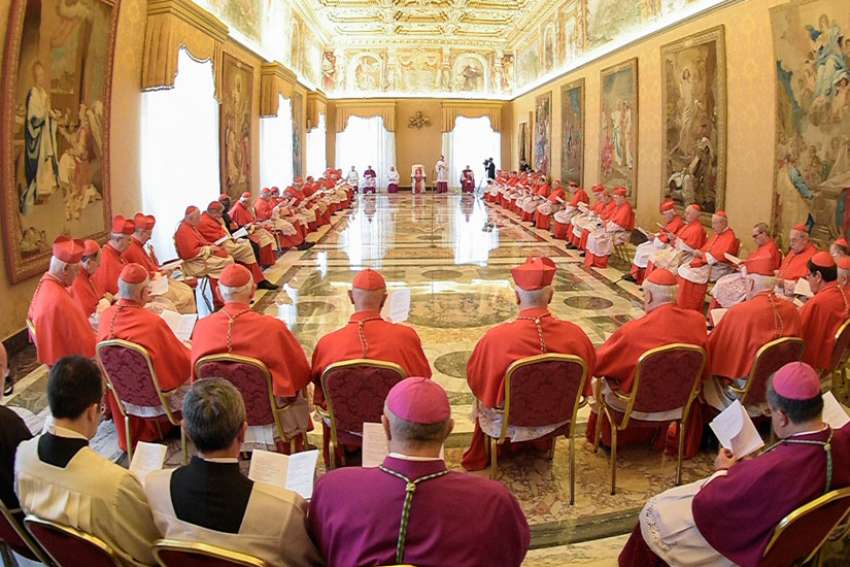Of the 351 dossiers documenting the holiness of candidates for sainthood received by the Congregation for Saints' Causes between 2006-2016, nearly 40 percent of them – 139 causes – were from Italy, said Cardinal Angelo Amato, the congregation's prefect. The cardinal spoke Jan. 9 at the start of a two-month course offered each year by the congregation to teach future postulators to navigate the "laborious church process" of promoting a sainthood cause.
The dossier, called a "positio," documents the virtues, miracles or martyrdom of a potential candidate as part of a process for determining his or her holiness.
Between 2006 and 2016, he said 43 countries around the world submitted at least one "positio." They are:
– 139 from Italy.
– 60 from Spain.
– 22 from Poland.
– 13 from Brazil.
– 10 from France.
– Eight from India.
– Seven each from the United States, Mexico, Colombia, Germany and Hungary.
– Six from Portugal.
– Four from the Philippines.
– Three each from Canada, England and Wales, Puerto Rico, Chile, Peru and Romania.
– Two from South Korea, Myanmar, Lebanon, Guatemala, Uganda, Austria, Bosnia-Herzegovina, Croatia and Slovakia.
– One each from New Zealand, Algeria, Somalia, South Africa, Madagascar, Japan, Singapore, Argentina, Bolivia, Cuba, Ecuador, El Salvador, Uruguay, Lithuania and Czech Republic.
Of these candidates, Cardinal Amato said, 58 are potential martyrs.
In 2016, he said, there were 14 beatifications and 10 canonizations with the new saints coming from eight different nations: Mexico, Albania, Argentina, France, Italy, Poland, Spain and Sweden.
The new saints included:
– One bishop, St. Manuel Gonzalez Garcia from Spain.
– Four priests, including the Argentine "gaucho priest," St. Jose Gabriel del Rosario Brochero.
– Three religious women: St. Teresa of Kolkata, St. Mary Elizabeth Hesselblad of Sweden and French Carmelite writer and mystic, St. Elizabeth of the Holy Trinity.
– Two martyrs, including St. Jose Sanchez del Rio, a 14-year-old Mexican boy martyred for refusing to renounce his faith.
From these "dry statistics," he said, "flow wildly and abundantly, like fresh water in a desert oasis, the vital life-blood of holiness that bursts forth into the world" making it fertile.


